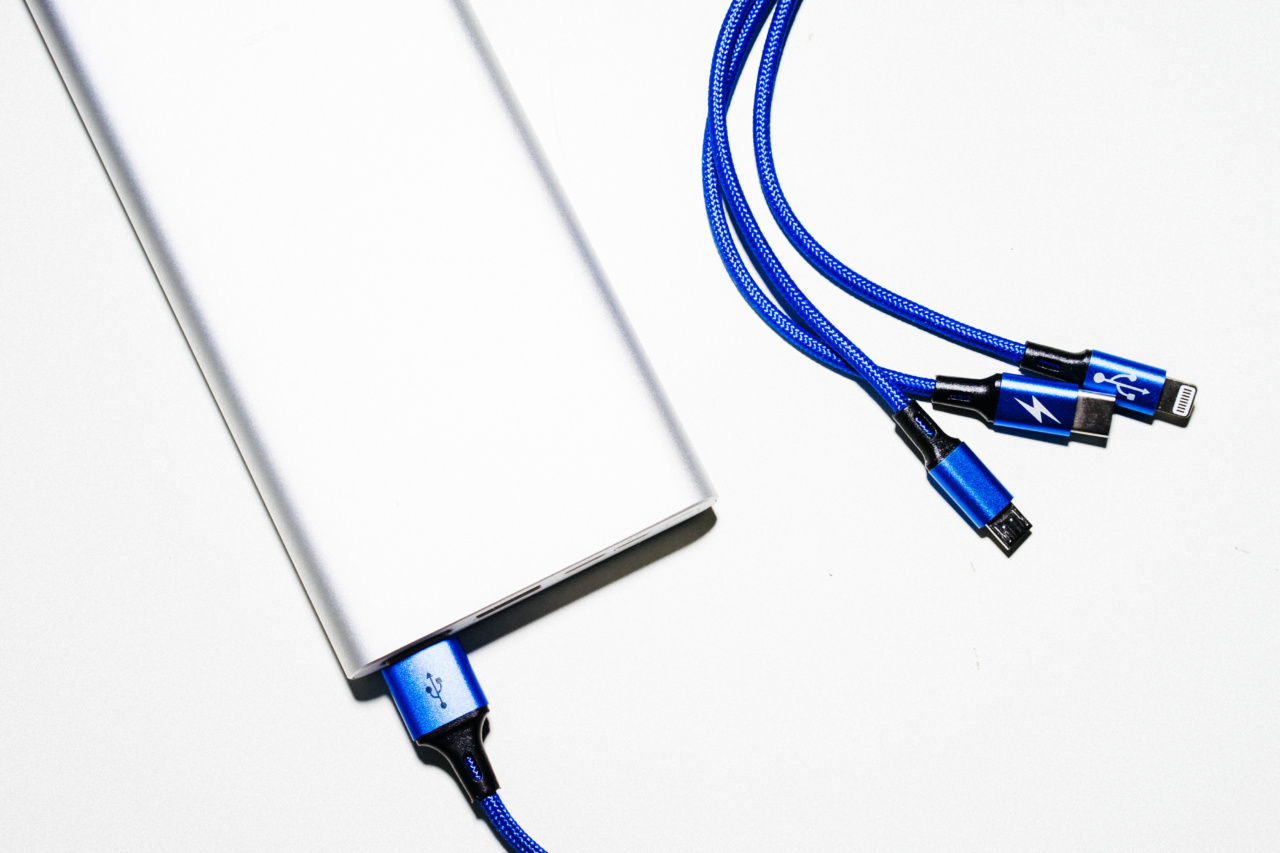Feeling tired and low on energy can be a major hindrance to your daily activities. Whether it’s struggling to focus at work or lacking the energy to enjoy your hobbies, finding ways to recharge your energy levels is crucial.
Along with exercise and rest, diet plays a key role in boosting energy levels. Here are 10 expert dietary tips that can help you quickly recharge your energy:.
1. Stay Hydrated
One of the simplest yet most effective ways to boost your energy levels is to stay hydrated. Dehydration can cause fatigue and leave you feeling drained.
Make sure to drink enough water throughout the day to keep your body hydrated and your energy levels up.
2. Avoid Skipping Meals
Skipping meals can lead to a drop in blood sugar levels, resulting in low energy levels. Plan your meals in advance and make sure to include a balance of carbohydrates, proteins, and healthy fats in each meal.
This will provide your body with a steady source of energy throughout the day.
3. Include Complex Carbohydrates
Complex carbohydrates, such as whole grains, provide a slow and steady release of energy. Include foods like brown rice, whole wheat bread, and oats in your diet.
These foods are rich in fiber and will help maintain your energy levels without causing sudden spikes or crashes.
4. Opt for Lean Proteins
Proteins are essential for maintaining energy levels as they help slow down the digestion of carbohydrates, preventing blood sugar spikes and crashes. Include lean sources of protein like chicken, fish, tofu, and legumes in your meals.
5. Don’t Forget Healthy Fats
Healthy fats are an important component of a balanced diet and can help sustain your energy levels. Include foods like avocados, nuts, seeds, and olive oil in your meals.
These fats provide a longer-lasting source of energy and also help with nutrient absorption.
6. Incorporate Iron-Rich Foods
Iron deficiency can lead to fatigue and low energy levels. Include iron-rich foods like leafy green vegetables, lean meats, beans, and fortified cereals in your diet.
Pair these foods with sources of vitamin C, like citrus fruits, to enhance iron absorption.
7. Snack Smartly
Healthy snacks can provide a quick energy boost throughout the day. Opt for snacks that combine complex carbohydrates and protein, such as a handful of nuts or a Greek yogurt with berries. Avoid sugary snacks that can cause energy crashes.
8. Limit Caffeine and Alcohol
While caffeine may provide a temporary energy boost, excessive consumption can lead to energy crashes and disrupt sleep patterns. Similarly, alcohol can interfere with your sleep quality.
Limit your intake of caffeine and alcohol to ensure better energy levels and quality rest.
9. Include Energy-Boosting Vitamins
Incorporate foods rich in vitamins that can boost energy levels, such as vitamin B12, vitamin D, and magnesium.
Include sources like eggs, fortified cereals, fatty fish, and dark leafy greens in your diet to ensure an adequate intake of these important nutrients.
10. Practice Mindful Eating
Mindful eating is about being present and paying attention to the food you consume. Slow down, savor your meals, and listen to your body’s hunger and fullness cues.
This can help prevent overeating, promote better digestion, and optimize your body’s energy utilization.





























